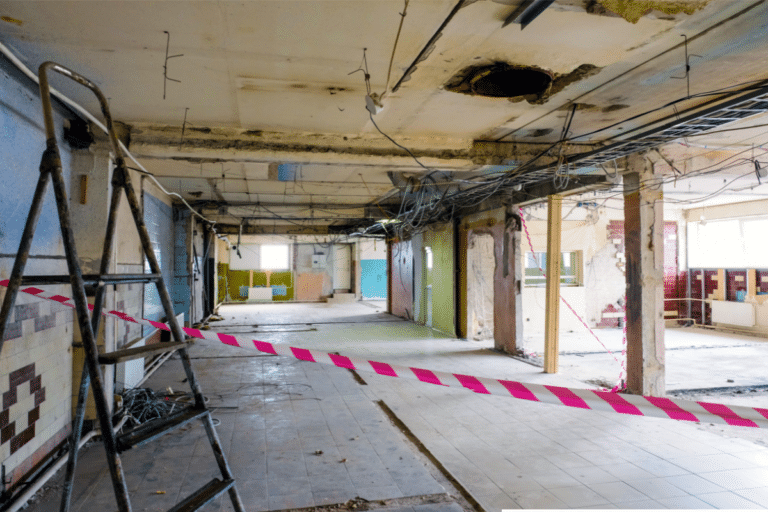Premises liability cases can be complex and confusing, especially when it comes to determining negligence. In the state of Utah, there are two types of negligence that are commonly seen in these cases – negligence and negligence per se. Negligence is a common term used in personal injury cases, but negligence per se is a specific type of negligence with its own set of rules and consequences.
While they may sound similar, there are significant differences between the two that may greatly impact the outcome of a premises liability case. To fully understand the distinction between these two types of negligence, consult with experienced attorneys like those at Feller & Wendt, LLC™ We have a deep understanding of Utah premises liability laws and can help you navigate your case effectively.
What Is Negligence in Utah Premises Liability Cases?
In Utah premises liability cases, negligence refers to failing to do what a reasonable person would do to prevent harm. This means if someone owns or controls property, they must take measures to ensure it’s safe for others. When they don’t live up to this responsibility and their lack of action leads to someone getting hurt, that’s considered negligence.
To establish negligence, four key elements must be proven: a duty of care, a breach of that duty, damages resulting from the breach, and a causal connection between the breach and the damages. Proving negligence often involves the use of evidence such as expert opinions and eyewitness accounts that help substantiate how the accused party’s actions or inactions deviated from those of a reasonable person in a similar situation.
How Is Negligence Per Se Defined in Premises Liability Cases?
Negligence per se is when someone breaks a specific law meant to protect people, like a safety rule. In these cases, you don’t have to argue about whether the person acted reasonably. Instead, you just show they broke the law, and this led to the injury or harm.
This approach changes the focus from debating whether the defendant’s actions were reasonable to simply proving a specific law was violated. Since the jury doesn’t need to figure out if the person’s actions were reasonable or not, it simplifies the case. This approach often makes it easier for injured folks to get compensation for their damages.
Examples of Negligence vs. Negligence Per Se in a Premises Liability Context
Imagine walking into a grocery store where a spill has been left unattended for hours with no warning signs. If you slip, fall, and injure yourself because of the spill, this scenario could be seen as negligence. The store had a duty to ensure a safe environment for its customers, and by failing to clean up the spill or warn of the hazard, they breached that duty, leading to your injuries.
On the other hand, consider a situation where a property owner fails to install smoke detectors in a rental property, contrary to Utah’s specific safety regulations requiring such devices in all rental units. If a fire occurs and the lack of an early warning system results in injury, this could be considered negligence per se. The property owner violated a specific law designed to prevent such injuries, and this violation directly contributed to the harm suffered. Both scenarios show how the concept of duty and the breach of that duty play out differently in the eyes of the law, depending on whether the case involves negligence or negligence per se.
Have a Premises Liability Claim? Contact Feller & Wendt, LLC™ Today
If you’re dealing with the aftermath of an accident on someone else’s property and believe negligence played a part, it’s time to reach out for qualified legal guidance. At Feller & Wendt, LLC™ our dedicated attorneys are ready to assist you every step of the way.
Call us at 801.499.5060 or use our contact form to get started on your case. Let us help you navigate through the legal process and work towards securing the compensation you deserve.





